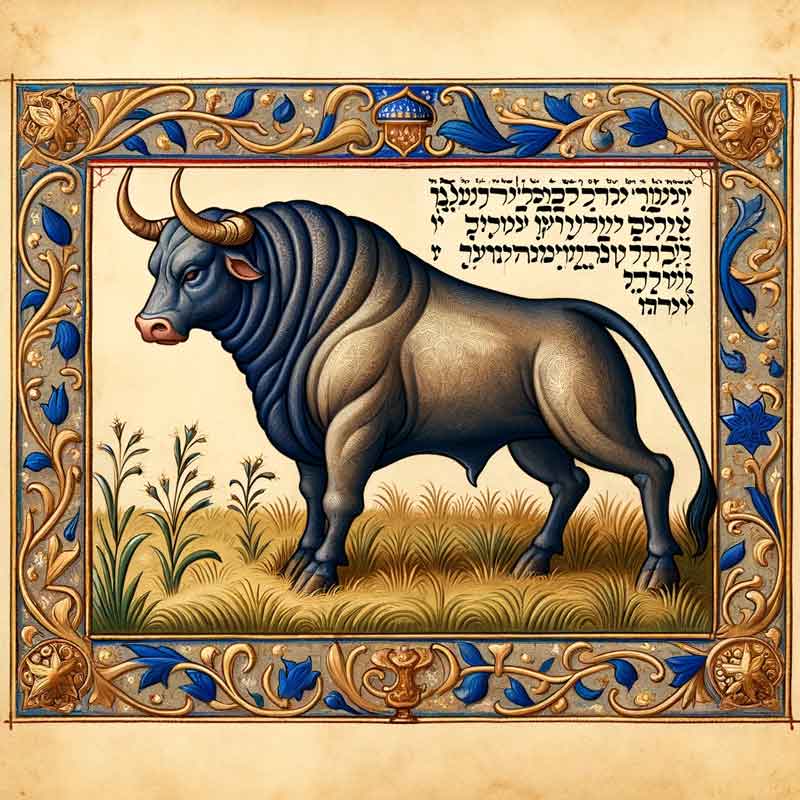“Dear Rabbi Joshua,
Here in the South, we often come across a dish known as ‘mountain oysters,’ which are essentially bull testicles. I understand that eating the limb of an animal removed while it’s still alive is forbidden. Are these ‘mountain oysters’ kosher for Jews if the animal was dead before they were removed? Also, are they permissible for Gentiles under the same circumstances? Lastly, could a Jewish butcher set aside such meat for Gentiles if it’s deemed non-kosher for Jews?
Sincerely,
John Rivera”
Understanding Kashrut and Mountain Oysters
Dear John, your inquiry delves into the complex realm of Jewish dietary laws, known as Kashrut. These laws are not just dietary guidelines but are imbued with deep spiritual and ethical significance.
Kosher Status for Jews
1) The permissibility of consuming ‘mountain oysters’ for Jews hinges on several factors. Primarily, the animal must be slaughtered in accordance with kosher laws, which includes the shechita (ritual slaughter) being performed by a trained shochet. In the context of ‘mountain oysters,’ if the animal was slaughtered in a kosher manner and the parts in question were removed post-mortem, then technically, they could be considered kosher. However, it’s essential to note that due to the unique nature of these organs, many rabbinical authorities might still classify them as non-kosher due to potential issues with blood removal and other concerns.
Permissibility for Gentiles
2) For Gentiles, the Noahide Laws – a set of seven laws traditionally understood as the minimal moral duties required by the Torah for non-Jews – do not specifically address the consumption of these parts. Therefore, if ‘mountain oysters’ are removed post-mortem, they would generally be permissible for Gentiles, assuming no other ethical or health concerns are at play.
Role of a Jewish Butcher
3) Regarding the role of a Jewish butcher in setting aside non-kosher meat for Gentiles, this is indeed a possibility. A shochet, knowledgeable in both the practical and ethical aspects of Kashrut, could identify and set aside non-kosher parts for Gentiles. This practice, however, would need to be done with careful consideration to avoid any confusion or misunderstanding regarding kosher status, and to uphold the integrity of kosher certification.
In conclusion, the consumption of ‘mountain oysters’ raises intricate questions within Jewish dietary law. While technically permissible under certain conditions for both Jews and Gentiles, the actual practice would be subject to rabbinical guidance and interpretation based on a multitude of factors.
Shalom,
Rabbi Joshua


